From Bangalore to Dallas: Manoj Balraj's Journey in Tech and Culture
Balraj is one of the five co-founders of Experion Technologies, a digital product engineering firm with roots in Kerala.
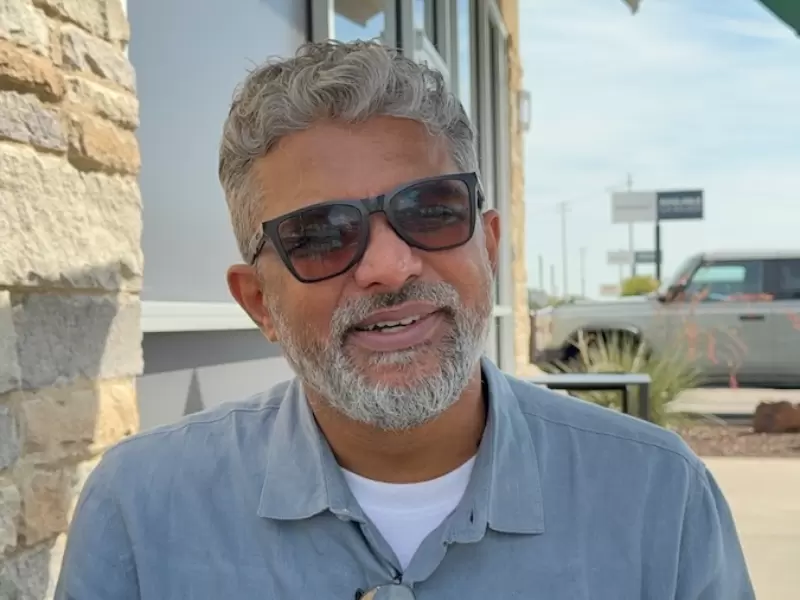 Manoj Balraj. / Lalit K Jha
Manoj Balraj. / Lalit K Jha
On a quiet street in Dallas, far from the coastal tech corridors, Manoj Balraj is building bridges between two worlds: crafting digital products for Fortune 50 giants while keeping a deep foothold in India's cultural and entrepreneurial soil. His story, spanning from Bangalore to Kerala to Texas, is less about scaling quickly and more about scaling truthfully.
Nearly three decades after leaving Bangalore, where he was born and raised, Manoj Balraj still recalls his father's advice: "Someday you've got to do something of your own. You should walk in a way that creates more jobs. Your job should create more jobs." That line, he says, continues to anchor both his company and his personal life.
Balraj is one of the five co-founders of Experion Technologies, a digital product engineering firm with roots in Kerala. "We've been in business for 19 years now. We (co-founders) decided to do one thing, just one thing. At that time, a tough decision had to be made. We said we will do digital product engineering, building products for customers from which they can make revenue, generate revenue," he explained.
Today, Experion employs over 1,600 people and has delivered solutions to more than 300 clients across the US, Europe, Australia, Japan, and India. Its projects range from electric vehicle charging platforms for luxury automakers to onboarding systems for thousands of registered nurses across 20 US states.
Building in Tier-Two Cities
The company's strategy—operating out of tier-two Indian cities rather than the usual major metropolitan areas—was deliberate. "We said we'll find good talent even if it's slow, we'll find good talent and build these products," Balraj said.
That model, counterintuitive in India's startup ecosystem, paid off. Large corporations came calling. "One of the world's largest motorcycle manufacturers, one of the world's largest car manufacturers from Detroit. They all rely on us for some of their products that we built for them. We started with ideation, built it, and now it's in use. They monetize, make money out of it, and we continue the product," he said.
The company's work in healthcare is no less expensive. "One of the largest home healthcare companies in the US used us to build a platform that is used for onboarding their registered nurses to give patient care. Thousands of registered nurses are on the system, and they go out across 20 states in the US," Balraj said. The platform even won awards for its design and user experience.
Hunting for the Right Talent
Yet scale has never come easy. "Not been easy. We have lots and lots of people, of course, but a real honest answer is that it has always been a lot of effort to find the right people," Balraj admitted. "Because when we say we are doing products, we better have people who have the product mindset. That doesn't come easy".
Instead of chasing headcount, Experion invested heavily in training. "We don't want to keep scaling with people just for the sake of growing big. Let's be solid and small. So we kept pressing that button, which, if you're bringing in people, let's make it very hard on ourselves. Find people who fully matter," he said. Training programs typically last six months before recruits begin working on live projects.
The payoff, he believes, comes in the confidence of young engineers. "Two years, five years experience, sitting in meetings and telling a customer in a video call why your decision was wrong and why we could do certain things better from a technical standpoint, from a product standpoint, from a design standpoint—that confidence is only growing," Balraj said.
Kerala's Support
The choice of Kerala as the company's base also proved fortuitous. "They have even said the software industry is an essential service. It's like milk, it's like newspaper, it's like a hospital. No disruption shall be made to the continuity of IT growth in the state," Balraj said. From sponsoring delegations to the Mobile World Congress in Barcelona to facilitating meetings with European leaders, the state's machinery, he argued, has been unusually proactive.
The US Lens
Balraj splits his time between Dallas and India, and his reflections on the American market carry both admiration and caution. "There are some customer contacts of mine I have never met in person, and we've been doing business for six years, seven years. That trust, they will trust you irrespective of what you write in the contract, and they will believe that you will deliver the results. If that faith is there, things work out between the customers in the US and the team in India. That is for me a miracle," he said.
But competition is brutal. "It is extremely competitive here; the world's best talent is here. All that is great, but the competition is so severe that you'd better be good. If not, you're not going to get and grow the way you're growing," he said.
On Tariffs and Trade
Recent US tariffs on Indian imports have not yet directly affected Experion, but Balraj expects to see ripple effects. "The impact can be felt in the next few months. For example, automotive manufacturing companies are already considering how to absorb all these costs, which means there will be less budget for next year. This money has to be paid by somebody," he said. His firm may be spared the worst, he added, because it develops revenue-generating new products rather than maintenance work.
Roots and Identity
If his professional path seems measured, his personal choices often carried a touch of whimsy. At age 14, Balraj created his surname by fusing the first three letters of his father's name with the first three of his mother's. "My mother thought he was a 14-year-old boy who was just being aggressive. My father said Leave him. He'll become all right in another four or five years; he'll go back. But I didn't. So now it's in my passport, it's official".
His parents gave him unusual freedom. "I grew up like a prince, and they trusted me. Fortunately, I didn't have to worry about academics too much. I don't know why, but I somehow felt that my other friends were apprehensive about going back home and reporting how much I scored. Low scores at my home, it's a conversation," he said.
That upbringing shaped his resilience. "They both said, this boy won't make it through college. He's pampered; he's not going to make it. But strangely, I was busy with non-academic stuff. Even the school I attended called me in the last year and said that the staff had decided to give me the Best All-Round Student Award because I excel in everything. You're not a master of anything, but you're there in everything," he said.
Family Life
Today, Balraj lives in Texas with his wife and their two children. "My son is going to college here, UTB, he's doing his master's. My daughter's going to UT Austin. She's a senior at the business school. So that's four of us here," he said.
Parallel Life in the Arts
Alongside technology, Balraj has cultivated a parallel career in theatre and film. It began in school, when a teacher cast him as Lord Yama in a comedy. "That led me, gave me more confidence. I did more and more. Then, at the university level, I wrote and directed a play based on an Anton Chekhov story that came second overall," he recalled.
In the late 1990s, while working in Atlanta, he collaborated with filmmaker Shyamaprasad, a three-time recipient of the National Film Award of India. He acted, assisted, and later directed short films that travelled to festivals in Canada, the US, and Europe. On weekends, I make sure to attend theatre and film events. It provides me with significant relief from stress. I meet many fantastic people. I've got good friendships, intense, sincere, genuine friendships on the film and theatre side," he said.
Even in Dallas, he has kept the spirit alive. With ten friends, none of whom were trained in dance, he formed a troupe that performs at weddings and children's parties. "It is a genuine attempt for us to show that we don't have to be stiff and boring as we get older. Let's loosen ourselves up, keep our ego aside and do some fun stuff," he said.
Watching Indian Cinema Evolve
Balraj is also a keen observer of India's movie industry. "It's nice to see what was once called the regional films becoming more and more part of mainstream. Thanks for OTT, thanks for COVID. There are very nice, small-budget Indian films that do not carry the usual glamour or follow the usual formula. It shows a slice of culture in India," he said. Malayalam cinema, he added, has emerged as a powerhouse of quality storytelling.
Dallas as Home
His arrival in Dallas was almost accidental. After stints in Atlanta and San Antonio, he took the advice of a friend, then CIO of Topgolf: "Don't waste your time in ...come down to Dallas. You guys will do a lot here." Looking back, Balraj believes that counsel shaped the trajectory of his company. Dallas, with its 60,000 businesses and strong economy, offered fertile ground.
Balraj also poured himself into civic life. He served as a scoutmaster in the Boy Scouts, supported local nonprofits, and raised funds for student scholarships and families in crisis. "There's a good amount of Indians here who commit themselves to support the local community. I really, really appreciate that," he said.
Reflections on the Indian American Journey
Three decades in America have given him a front-row seat to the rise of the Indian diaspora. "People who came here on visas with minimal background, middle-class people, are doing phenomenal. I'm not talking about the very famous ones. There are many, many under the radar. They're running mid-size organizations, small, fantastic leaders," he said.
But he wishes for greater cohesion. "I just wish we had one umbrella organization and the media set up for communicating between Indian Americans within Dallas, within the cities, within the US, so that we have something that will help everybody get on the same platform. Much, much more could be done," he said.
When asked what message he has for the next generation, Balraj demurred. "I really don't know if I have any message for them because I am actually, honestly learning from them," he said. "They're better human beings than I am. I know that".




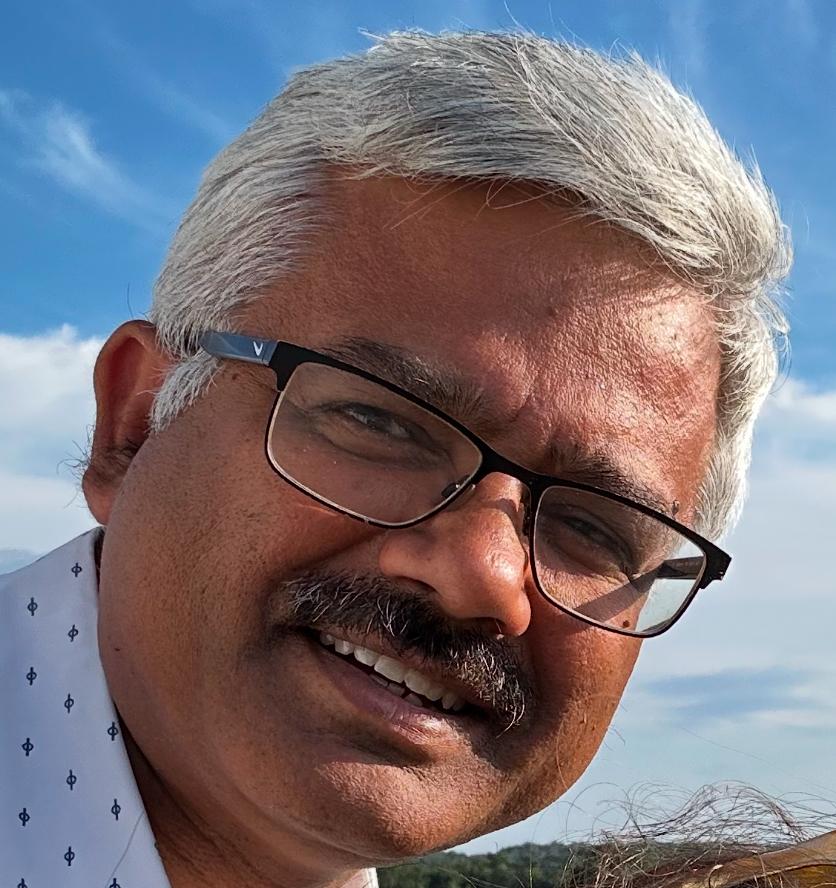 Lalit K Jha (5WH)
Lalit K Jha (5WH)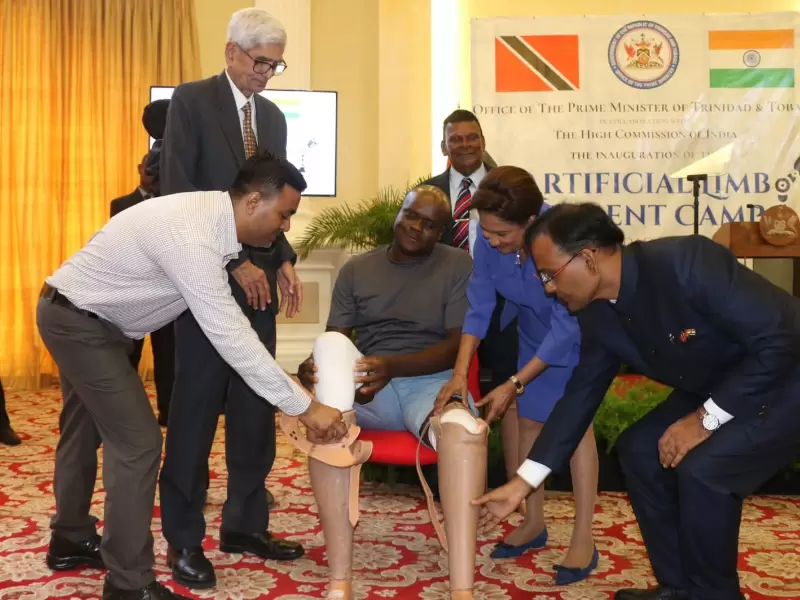


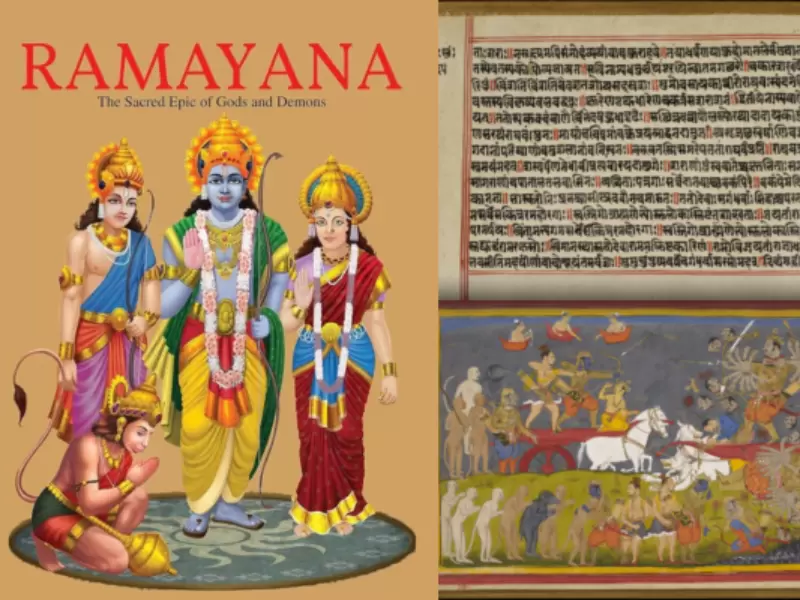
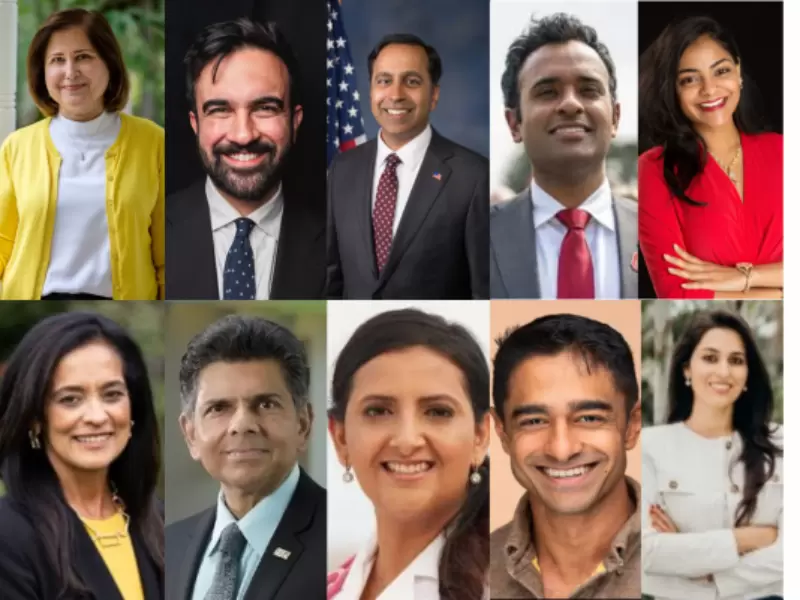
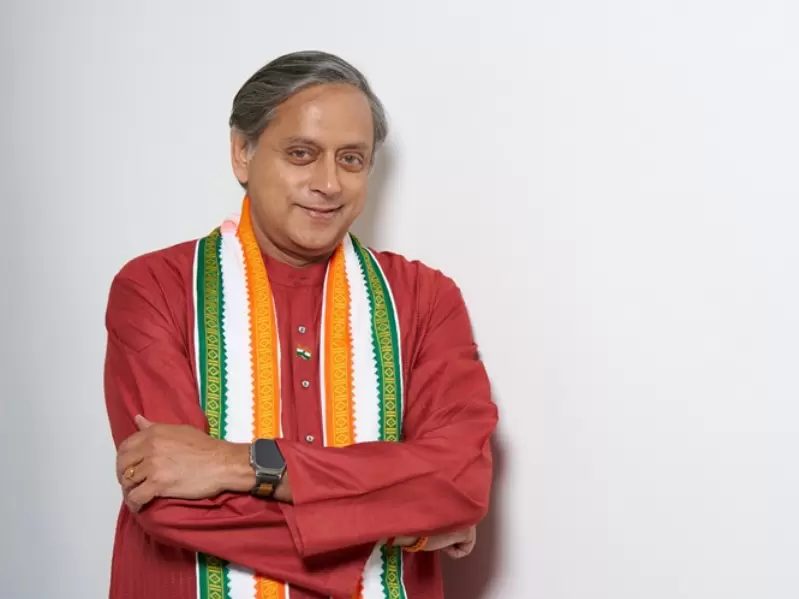


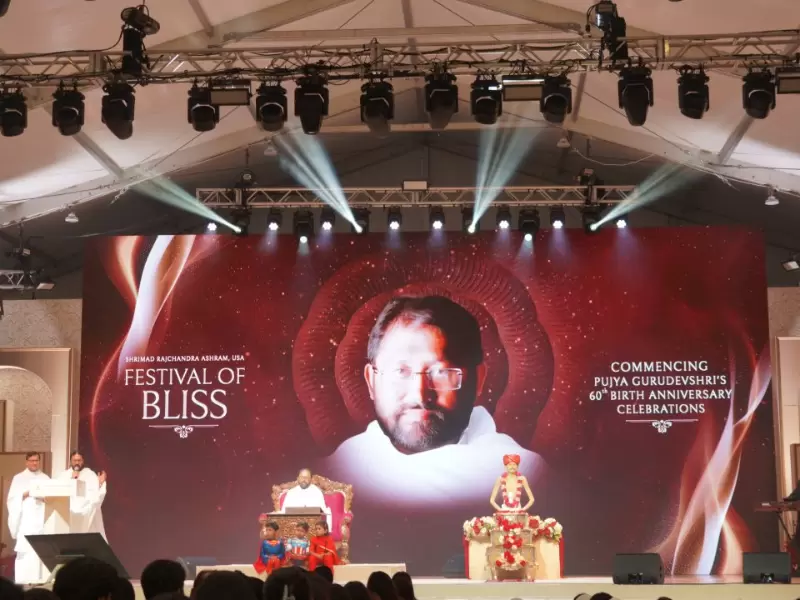
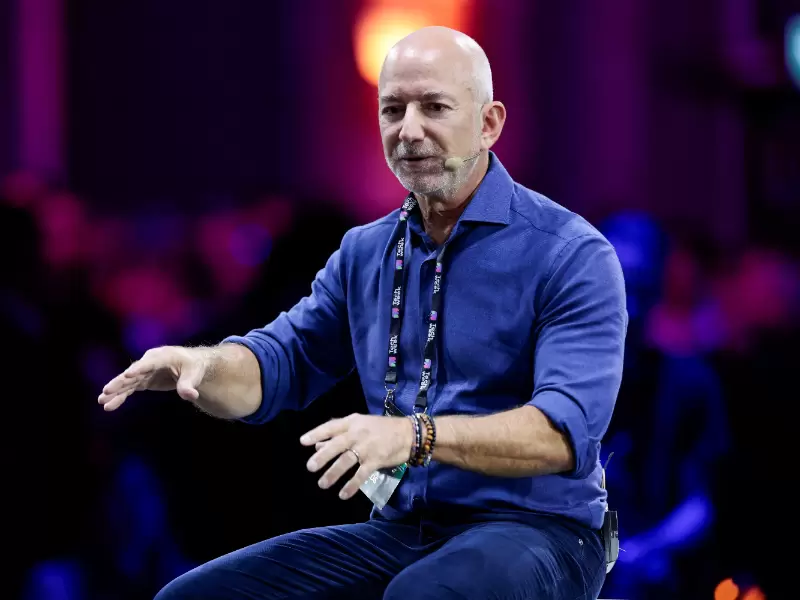






Comments
Start the conversation
Become a member of New India Abroad to start commenting.
Sign Up Now
Already have an account? Login